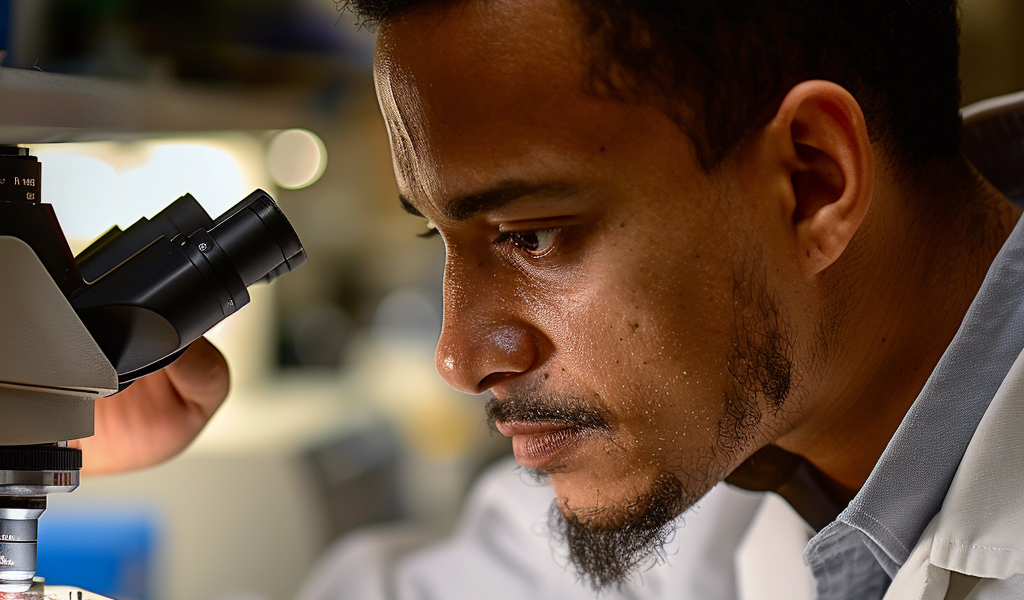Hope for a cure for visceral leishmaniasis, an often fatal infectious disease
A recent discovery by Simona Stäger’s team offers hope for a potential treatment for the most severe form of leishmaniasis. Leishmaniasis, a tropical disease, is increasingly affecting individuals worldwide, with 700,000 to 1 million new cases reported annually. The disease is caused by a protozoan parasite transmitted to humans through the bite of a sand fly. Among the three clinical forms of leishmaniasis, the visceral form, also known as black fever, is the most life-threatening if left untreated. Majority of cases are reported in countries such as Bangladesh, Brazil, Ethiopia, India, Nepal, and Sudan.
Professor Stäger from the Institut national de la recherche scientifique (INRS) and her team, in collaboration with researchers from INRS and McGill University, have identified an intriguing immune mechanism associated with chronic visceral leishmaniasis. This breakthrough could pave the way for a novel therapeutic strategy against the disease. The findings of their study have been published in the journal Cell Reports.
In many infections, CD4 T cells are crucial in defending the host. However, in chronic infections like leishmaniasis, maintaining functional CD4 cells becomes a challenge due to the continuous activation of the immune system against the pathogen.
Professor Stäger’s research at INRS’s Armand-Frappier Santé Biotechnologie Research Centre has revealed a new population of CD4 cells in mice infected with the parasite causing visceral leishmaniasis. These T cells exhibit unique properties, including an increase in number during the chronic phase of the disease. They possess the ability to self-renew or differentiate into effector cells that combat the parasite or regulatory cells that suppress the host’s response.
Typically, CD4 T cells differentiate into effector cells from naive CD4 T cells. However, in chronic infections, the constant demand for effector cells may lead to exhaustion of naive CD4 T cells.
The discovery of this new CD4 cell population and its characteristics could revolutionize the understanding and treatment of visceral leishmaniasis. Further research is needed to explore the full potential of this immune mechanism in combating the disease.





